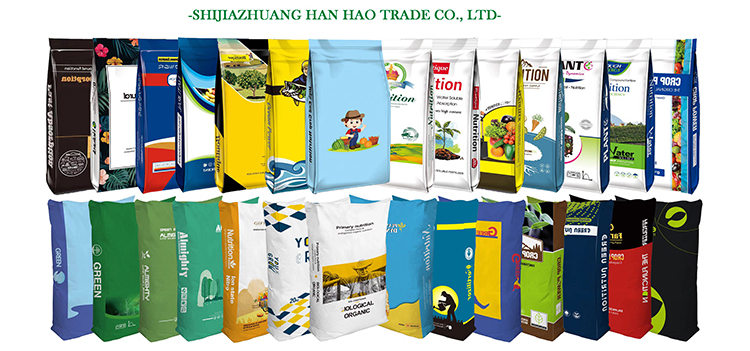
Ott . 05, 2024 14:29 Back to list
npk fertilizer types suppliers
Understanding NPK Fertilizer Types and Choosing the Right Suppliers
NPK fertilizer, which stands for Nitrogen (N), Phosphorus (P), and Potassium (K), is a cornerstone of modern agriculture. These three essential nutrients play vital roles in plant growth and development. Understanding the types of NPK fertilizers available and selecting reliable suppliers is crucial for farmers and gardeners seeking to enhance crop yields and promote soil health.
Types of NPK Fertilizers
NPK fertilizers come in various formulations, tailored to meet specific plant needs. The primary types include
1. Granular NPK Fertilizers These are solid, granular formulations that are easy to apply. They are often used in field crops, home gardens, and landscaping. Granular NPK fertilizers release nutrients slowly, providing a steady supply over time. Common formulations include 10-10-10 (N-P-K) or 20-10-20, with different concentrations catering to various growth stages.
2. Liquid NPK Fertilizers Liquid forms are highly concentrated and can be quickly absorbed by plants, making them ideal for foliar feeding or fertigation (applying fertilizers through irrigation systems). They allow for precise nutrient management and are often used in high-value crops where nutrient uptake needs to be maximized.
3. Slow-Release NPK Fertilizers These formulations are designed to release nutrients gradually over an extended period. They minimize nutrient leaching and reduce the frequency of application. Slow-release NPK fertilizers are advantageous for crops with longer growing cycles.
4. Organic NPK Fertilizers Made from natural materials such as compost, manure, or bone meal, these fertilizers provide a balanced supply of nutrients while also improving soil organic matter. Organic NPK options are popular among environmentally conscious farmers and gardeners looking for sustainable practices.
Selecting NPK Fertilizer Suppliers
npk fertilizer types suppliers

When it comes to sourcing NPK fertilizers, choosing the right supplier is paramount. Here are some key factors to consider
1. Quality Assurance Look for suppliers who adhere to strict quality control standards. Certifications like ISO or local agricultural regulations can be indicators of a supplier’s commitment to producing high-quality fertilizers.
2. Product Range A good supplier should offer a variety of NPK fertilizer types that cater to different crops and growing conditions. This ensures that farmers have access to products best suited for their specific needs.
3. Technical Support Suppliers that provide technical support, including soil testing services and agronomic advice, can be invaluable. They can help customers choose the right fertilizer formulations and application methods, optimizing crop performance.
4. Sustainability Practices Many growers are now prioritizing sustainability. Suppliers that focus on environmentally friendly practices, such as reducing packaging waste or offering organic options, can be more appealing to eco-conscious consumers.
5. Pricing and Availability Competitive pricing is essential, but equally important is the availability of products. Ensure that your supplier can meet your demands consistently, especially during peak planting seasons.
6. Customer Reviews and Reputation Researching customer reviews and the reputation of potential suppliers can provide insights into their reliability and service quality. Networking with other farmers can also yield recommendations for reputable suppliers.
Conclusion
Understanding the various types of NPK fertilizers and selecting the right suppliers can significantly impact agricultural success. Whether using granular, liquid, slow-release, or organic fertilizers, ensuring that your source is reputable and knowledgeable will help you achieve optimal results in your growing endeavors. Investing time in this selection process will pay off in healthier plants, enhanced yields, and sustainable practices. With the right nutrients and suppliers in place, farmers and gardeners alike can cultivate thriving gardens and fertile fields.
-
10 10 10 Fertilizer Organic—Balanced NPK for All Plants
NewsJul.30,2025
-
Premium 10 10 10 Fertilizer Organic for Balanced Plant Growth
NewsJul.29,2025
-
Premium 10 10 10 Fertilizer Organic for Balanced Plant Growth
NewsJul.29,2025
-
Premium 10 10 10 Fertilizer Organic for Balanced Plant Growth
NewsJul.29,2025
-
50 Pound Bags of 13-13-13 Fertilizer for All Plants – Bulk & Organic Options
NewsJul.28,2025
-
High-Efficiency 15-30-15 Granular Fertilizer for Healthy Crops
NewsJul.28,2025
